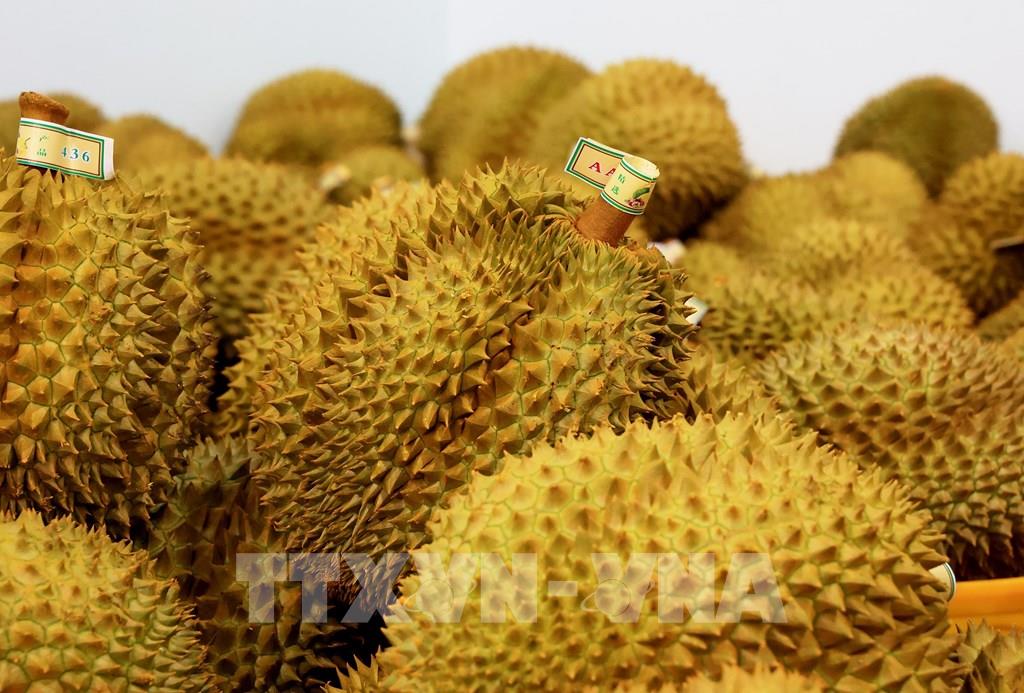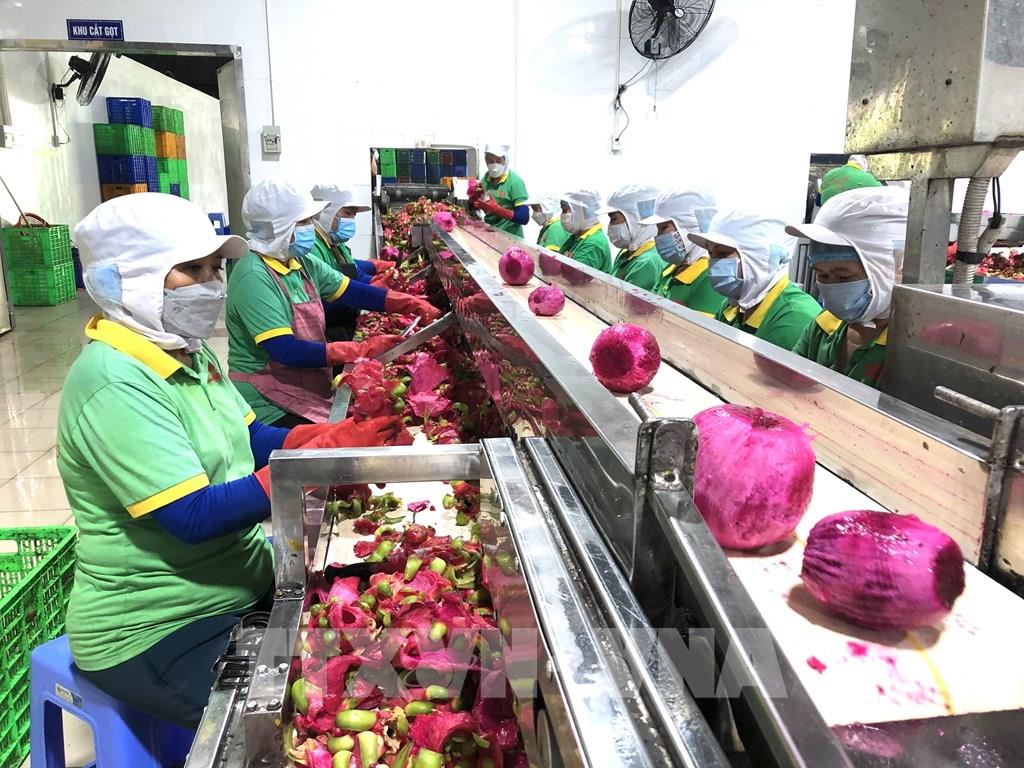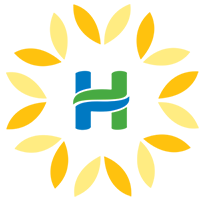Agricultures, Foods, News & Event
To help Vietnamese agricultural products penetrate “difficult” markets
The agricultural and food import market is constantly changing regulations on food safety and animal and plant quarantine (SPS) with the goal of protecting consumer health and animal and plant health.

This requires Vietnam to study and strictly comply with international rules, especially with markets that have strict regulations on pesticide residue levels and food safety.
Recently, Vietnamese durian entering the EU will have to increase the frequency of border inspections from 10% to 20%. The reason is due to non-compliance with regulations on pesticide residue levels. The inspection frequency for dragon fruit is 30%, chili and okra are at 50%. These three products, when imported into the EU market, must be accompanied by pesticide residue analysis results. Or durian imported into China must have additional inspection certificates for yellow O (Auramine O, or Basic Yellow 2 – BY2 used for industrial coloring), Cadmium.
Vietnamese agricultural products are continuously expanding in both product lines and output. Among them, the Chinese market is considered a bright spot when importing nearly 4.1 billion USD of fruits and vegetables alone, accounting for 67% of Vietnam’s total fruit and vegetable export turnover.
However, the strictness in standards and quality of imported products of the markets is increasingly high. Most markets have issued warnings even if only one batch of goods violates. This will affect the reputation and brand of the entire industry.
According to statistics from the Vietnam SPS Office, in 2024, WTO members issued 1,029 notifications and draft notifications on SPS measures. Among them, there are many notifications regulating the maximum residue of pesticides, food additives, etc. for each agricultural and food product. Most of the notifications and draft notifications are related to Vietnam’s agricultural import markets such as the EU, Korea, Japan and China.
Mr. Ngo Xuan Nam, Deputy Director of the Vietnam National Office of Notification and Enquiry Point on Hygiene, Epidemiology and Animal and Plant Quarantine (SPS Vietnam) said: The EU increasing or decreasing the frequency of border inspections for agricultural and food products from third countries is a regular activity. Not only Vietnamese agricultural and food products but also all countries and territories must comply when importing into the EU market. If they comply well with EU regulations, the EU will remove control conditions. Not only the EU, in the context of import markets tending to increase warnings, Mr. Ngo Xuan Nam said that businesses need to proactively build standard raw material areas. Vietnam must proactively manage and monitor product quality and comply with market regulations.
First of all, farmers in the process of organizing production and cultivation need to comply with and update the market regulations on controlling pesticides, especially with active ingredients not on the EU’s banned list, the default level is 0.01 ppm. With permitted active ingredients, farmers must strictly follow the “4 rights” rule – right medicine, right time, right dosage and right way. Farmers must ensure that there are no pesticide residues during the isolation period until harvest, ensuring safe and effective use of pesticides.

In addition, farmers need to actively switch to organic farming, using biological active ingredients and biological products to better meet market requirements. Enterprises work together in co-managing product quality.
The Plant Protection Department, Ministry of Agriculture and Rural Development has requested localities to strengthen supervision of growing areas and packaging facilities, and tighten inspection of pesticide residues, heavy metals and traceability. Violators will have their growing area and packaging facility codes suspended.
Mr. Nguyen Thanh Binh – Chairman of the Vietnam Fruit and Vegetable Association also said that Vietnam needs to reorganize fruit production to ensure large-scale, concentrated production and create high-quality products that meet market regulations. Growing area codes, packaging codes, quarantine objects, etc. are not new issues, but to enter the markets, Vietnamese enterprises need to do better.
According to experts, farmers and enterprises must pay attention to complying with regulations on food safety and disease safety, to avoid being put on the control list or increasing the frequency of inspections and controls, or more seriously, requiring additional sample analysis certificates when exporting.
Mr. Ngo Xuan Nam said that the Vietnam SPS Office will support, update and provide transparent information on food safety (changes in pesticide residue levels, regulations on food additives, etc.), regulations on quarantine objects, etc. of all markets so that relevant parties can best meet market regulations.
Source: https://bnews.vn/de-nong-san-viet-tien-sau-vao-cac-thi-truong-kho-tinh/362439.html

